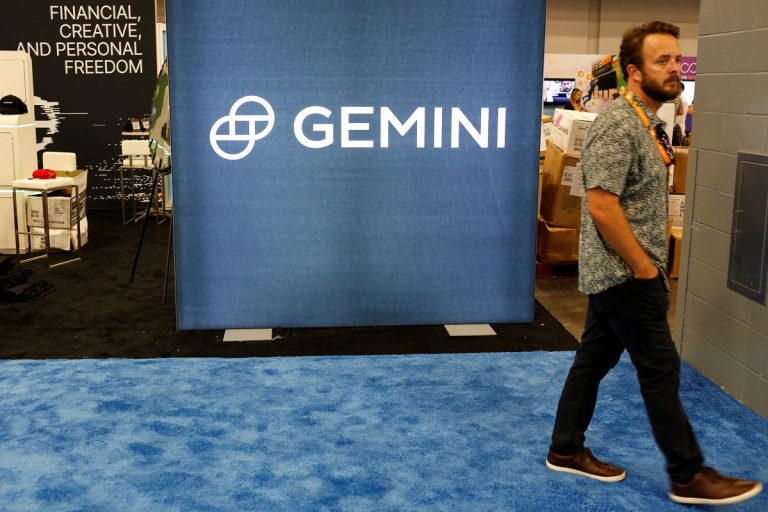
Gemini, one of the leading cryptocurrency exchanges in the US, has filed a lawsuit against Digital Currency Group (DCG), the parent company of Grayscale Investments and CoinDesk, and its founder and CEO Barry Silbert. The lawsuit, which was filed in the New York Supreme Court on July 6, 2023, alleges that DCG and Silbert engaged in a “fraudulent scheme” to manipulate the price of Bitcoin and other cryptocurrencies, and to harm Gemini’s reputation and business.
According to the complaint, DCG and Silbert used their influence and control over Grayscale, which operates the largest Bitcoin trust in the world, and CoinDesk, which is the most popular cryptocurrency news outlet, to create artificial demand and supply for Bitcoin and other digital assets. The complaint seeks compensatory damages, punitive damages, injunctive relief, and attorney’s fees from DCG and Silbert. Gemini also demands a jury trial for the case.
The complaint claims that DCG and Silbert orchestrated a series of “pump and dump” schemes, in which they would hype up certain cryptocurrencies through Grayscale’s products and CoinDesk’s coverage, and then sell them at inflated prices to unsuspecting investors.
Register for Tekedia Mini-MBA edition 19 (Feb 9 – May 2, 2026): big discounts for early bird.
Tekedia AI in Business Masterclass opens registrations.
Join Tekedia Capital Syndicate and co-invest in great global startups.
Register for Tekedia AI Lab: From Technical Design to Deployment (next edition begins Jan 24 2026).
The complaint also accuses DCG and Silbert of spreading false and defamatory information about Gemini and its founders, Tyler and Cameron Winklevoss, who are well-known advocates of Bitcoin regulation and innovation.
The complaint states that DCG and Silbert were motivated by “greed, envy, and malice” towards Gemini and the Winklevoss twins, who have been rivals in the cryptocurrency space since 2014, when they sued Silbert for allegedly stealing their idea of creating a Bitcoin exchange-traded fund (ETF).
The lawsuit seeks unspecified damages for fraud, breach of contract, defamation, unfair competition, and other claims. It also demands a jury trial and an injunction to stop DCG and Silbert from continuing their alleged misconduct. Gemini issued a statement on its website, saying that it filed the lawsuit “to protect our customers, our industry, and the integrity of the cryptocurrency market.”
“We believe that DCG and Silbert have violated the trust of millions of investors and consumers who rely on them for unbiased and accurate information and services.
According to the complaint, DCG and Silbert used their “vast network of media outlets, social media accounts, industry connections, and loyal followers” to spread false and defamatory statements about Gemini, its products, its security, its compliance, and its founders. The complaint also claims that DCG and Silbert orchestrated a series of “cyberattacks, hacking attempts, phishing schemes, and denial-of-service attacks” against Gemini’s platform and systems, causing significant damages and losses.
The lawsuit further accuses DCG and Silbert of violating the terms of a confidential settlement agreement that was reached in 2018, after Gemini sued DCG for infringing on its trademark rights over the term “Gemini Dollar”, a stablecoin issued by Gemini. The settlement agreement required DCG to cease using the term “Gemini Dollar” and to refrain from any conduct that would harm Gemini’s goodwill or reputation.
Gemini’s co-founders Tyler and Cameron Winklevoss issued a joint statement on their official blog, saying that they were “left with no choice but to take legal action” after exhausting all other options to resolve the dispute amicably. They said that they were “confident that the truth will prevail” and that they would “continue to focus on building the future of money”.
DCG and Silbert have not yet responded to the lawsuit or commented on the allegations. However, sources close to DCG told CoinDesk, a media outlet owned by DCG, that the lawsuit was “baseless and frivolous” and that they would “vigorously defend themselves in court”.



